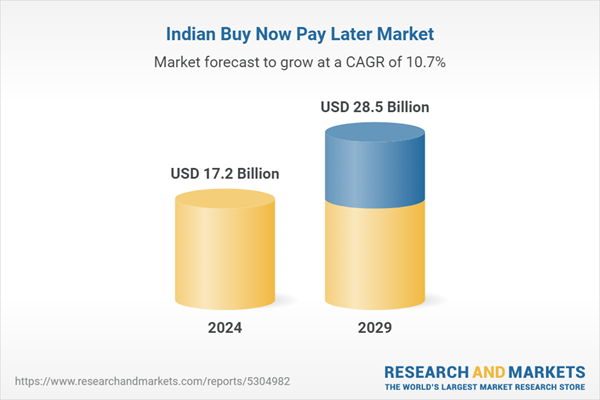- nstacksoftech
- AWS, Ecommerce, Integration, MWS
- 11684 Views
Empowering consumers drive E-commerce evolution, demanding seamless experiences and sustainability. From frictionless payments to social commerce, adaptability is key. Embrace innovation, meet demands, and shape the future of e-commerce.
In today’s digital landscape, young and empowered consumers are reshaping the rules of the e-commerce game. Retailers must adapt swiftly to meet the evolving expectations of online shoppers, which encompass seamless payments, personalized recommendations, and sustainable practices.
Contents
High Expectations of Online Shoppers
⚡️ Frictionless Payments and Personalized Recommendations
Online shoppers expect innovations that enhance their shopping experience. Features such as frictionless payments and personalized recommendations play a pivotal role in satisfying these demands.
The Rise of Social Media in E-commerce

📱 Social Media as a Purchasing Channel
Social media platforms are increasingly becoming vital channels for e-commerce. Platforms like TikTok Shop are gaining relevance, indicating a shift in consumer behavior towards social commerce.
Alternative Payment Methods

💳 “Buy Now Pay Later” Services
Alternative payment methods like “buy now pay later” are gaining traction among online shoppers, particularly for significant purchases. However, it’s essential to evaluate the sustainability and long-term viability of these services.
Embracing Sustainability in E-commerce
♻️ Secondhand E-commerce
The emergence of secondhand e-commerce platforms like Vinted reflects a growing interest among consumers in pocket-friendly and environmentally friendly options. Sustainability and affordability are key considerations for modern consumers.
Addressing Last Mile Delivery Challenges
🚚 Environmental Impact vs. Consumer Preferences
Last mile delivery poses challenges due to its environmental impact. Despite this, consumers prioritize free and fast shipping over carbon neutrality. Retailers must balance environmental concerns with consumer preferences.
Leveraging Technology for Sustainable Supply Chains
🌍 Sustainable Supply Chains
Technology-driven solutions such as robots, drones, and electric vehicles are instrumental in creating sustainable supply chains. These innovations are crucial for mitigating the environmental impact of e-commerce operations.
Conclusion: Shaping the Future of E-commerce
🚀 Key Insights
- Online shoppers demand frictionless payments, personalized recommendations, and seamless communication across channels.
- Social media platforms like TikTok Shop are disrupting traditional e-commerce channels, requiring retailers to invest in social media strategies.
- “Buy now pay later” services offer alternative payment options but require careful consideration of sustainability.
- Secondhand e-commerce platforms cater to consumers seeking affordability and sustainability.
- Balancing last mile delivery challenges with consumer preferences is essential for retailers.
- Technology-enabled solutions are pivotal for creating sustainable supply chains in e-commerce.
As the e-commerce landscape continues to evolve, retailers must prioritize meeting the demands of empowered consumers. By embracing innovations, sustainability, and consumer-centric strategies, businesses can thrive in the competitive digital marketplace.



